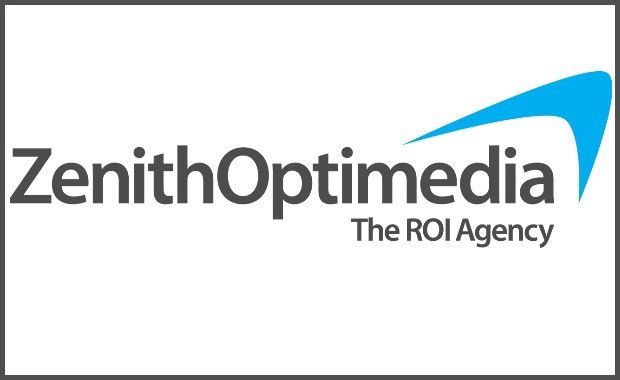Expenditure on luxury advertising will rise by 3.0% in 2016, up from 1.9% in 2015, according to Zenith Luxury Advertising Expenditure Forecasts 2016, published yesterday. This acceleration will be driven by recovery in Asia and Eastern Europe after a tough year in 2015. Luxury advertisers will spend a total of US$10.9bn across the top 18 markets in 2016, up from US$10.6bn in 2015.
This is the second annual edition of the Luxury Advertising Expenditure Forecasts, which examines expenditure on luxury advertising in 18 key luxury markets.* As with Zenith’s long-established Advertising Expenditure Forecasts, it provides historic expenditure figures and forecasts by medium. However, this report focuses specifically on luxury advertising, together with the sub-categories of luxury automotive, fragrances & beauty, fashion & accessories, and watches & jewellery.
The luxury advertising market slowed from 2.9% growth in 2014 to 1.9% growth in 2015 as advertisers reacted to slowdown in the BRIC markets as well as to local conflicts and terrorism. Adspend shrank by 1.4% in Asia and by a massive 20.3% in Eastern Europe (mainly the result of the oil crisis and rouble devaluation in Russia), but the global total was buoyed by strong growth in North America (3.6%) and Western Europe (4.7%).
Zenith forecasts Asia to return to 2.9% growth in 2016, while the decline in Eastern Europe slows to 2.8%. North America will stay strong, with 3.9% growth, but Western Europe will slip back to 1.7%. Overall we forecast 3.0% growth in luxury adspend across our top 18 markets in 2016.
Luxury advertising is growing less rapidly than advertising as a whole. Across our top 18 markets, luxury advertising grew by 2.9% in 2014, compared to 5.6% for advertising as a whole, and 1.9% in 2015 (compared to 4.1%). We forecast this underperformance to continue, with luxury advertising growing 3.0% in 2016 compared to 4.5% growth across all categories.
The USA and China are driving growth in luxury advertising:
Between 2015 and 2017, we forecast luxury advertising to grow by US$705m. 82% of this growth will come from the USA (US$347m) and China (US$228m). The USA and China are the largest and second-largest luxury ad markets respectively, accounting for 45% and 21% of luxury adspend in 2015. Germany is third, followed by France and the UK. We expect to see very little growth from France, which is suffering from persistent unemployment, low confidence and low economic growth. Zenith forecasts the UK to overtake France to become the fourth-largest luxury ad market this year.
Digital will be the largest luxury advertising medium in 2017:
Digital advertising is by far the biggest contributor to the growth in luxury advertising, growing consistently at double-digit rates. We expect digital media adspend by luxury advertisers to increase by US$837m between 2015 and 2017. Over this period, television, radio and cinema will increase by a total of US$26m between them; outdoor will shrink by US$10m; and print will shrink by U$150m.
By 2017, print will account for 28.6% of total luxury adspend, down from 31.9% in 2015. TV’s market-share will also decline over the same period, from 32.7% in 2015 to 30.7% in 2017. Digital’s market-share will increase from 26.3% in 2015 to 32.1% in 2017, when it will overtake TV and print to become the single largest medium for luxury advertising.
Print remains the most important medium for ‘high luxury’ advertisers:
Despite its decline in market-share, print remains particularly important to luxury advertisers, specifically those in the fashion & accessories and watches & jewellery sub-categories. In 2015, fashion & accessories advertisers spent 83% of their budgets in print, and watches & jewellery advertisers spent 60%. Print titles – especially glossy magazines – provide high-quality, immersive yet relaxed reading experiences, a particularly suitable environment for luxury advertisers wishing to showcase their brand values.
*The 18 markets are China, Colombia, France, Germany, Hong Kong, Italy, Malaysia, Mexico, the Netherlands, Peru, Russia, Singapore, South Africa, South Korea, Spain, Taiwan, the United Kingdom and the United States of America

















